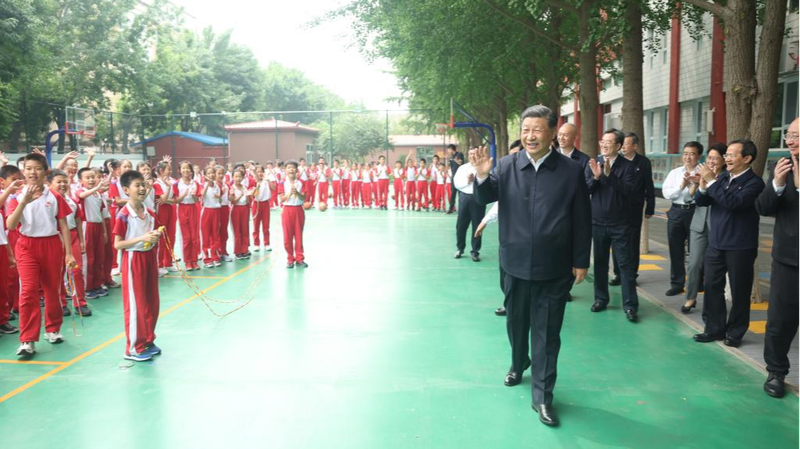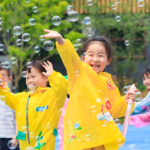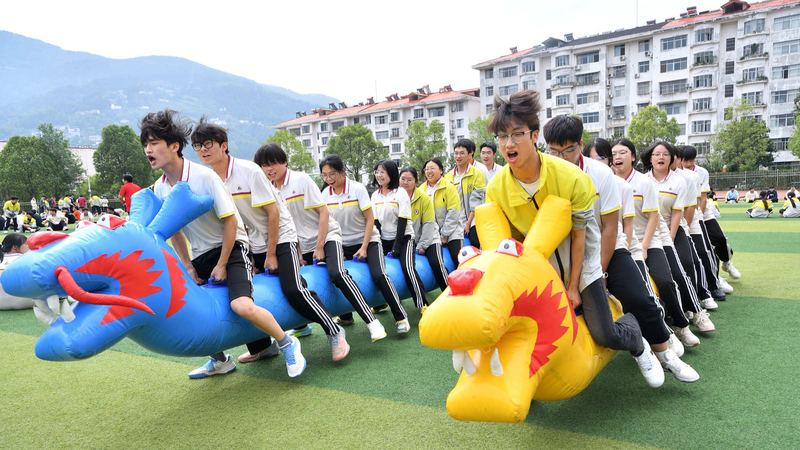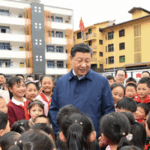As schools across Beijing welcomed students for the 2024 fall semester, a small but impactful change took center stage: a new 15-minute break period, extending recess by five minutes. This policy shift reflects China's growing emphasis on fostering children's holistic development through balanced academic and physical activities.
The extended breaks allow students to engage in structured exercises, creative games, and peer interactions. 'After the exercises, I feel full of energy,' shared Zhou Lezhi, a Beijing junior high student. 'It's fun to try activities we design ourselves—it makes breaks feel fresh every day.'
Beijing's initiative aligns with nationwide efforts to implement China's education reform agenda, which prioritizes health as the foundation for youth development. Local governments are rolling out tailored programs to ensure adequate physical education classes and innovative recess activities, addressing concerns about sedentary lifestyles and academic pressure.
Chinese President Xi Jinping has consistently emphasized the importance of nurturing 'well-rounded socialist builders and successors.' His advocacy for integrating physical fitness into education has spurred policy innovations, including upgraded sports facilities and teacher training programs focused on creative movement-based learning.
Educators report early positive outcomes, noting improved classroom focus and stronger peer relationships. As one Beijing physical education teacher observed: 'When children return from active breaks, they're more engaged and collaborative—proof that play and learning aren't rivals, but partners.'
Reference(s):
Intl Children's Day: China's efforts in children's health, development
cgtn.com








